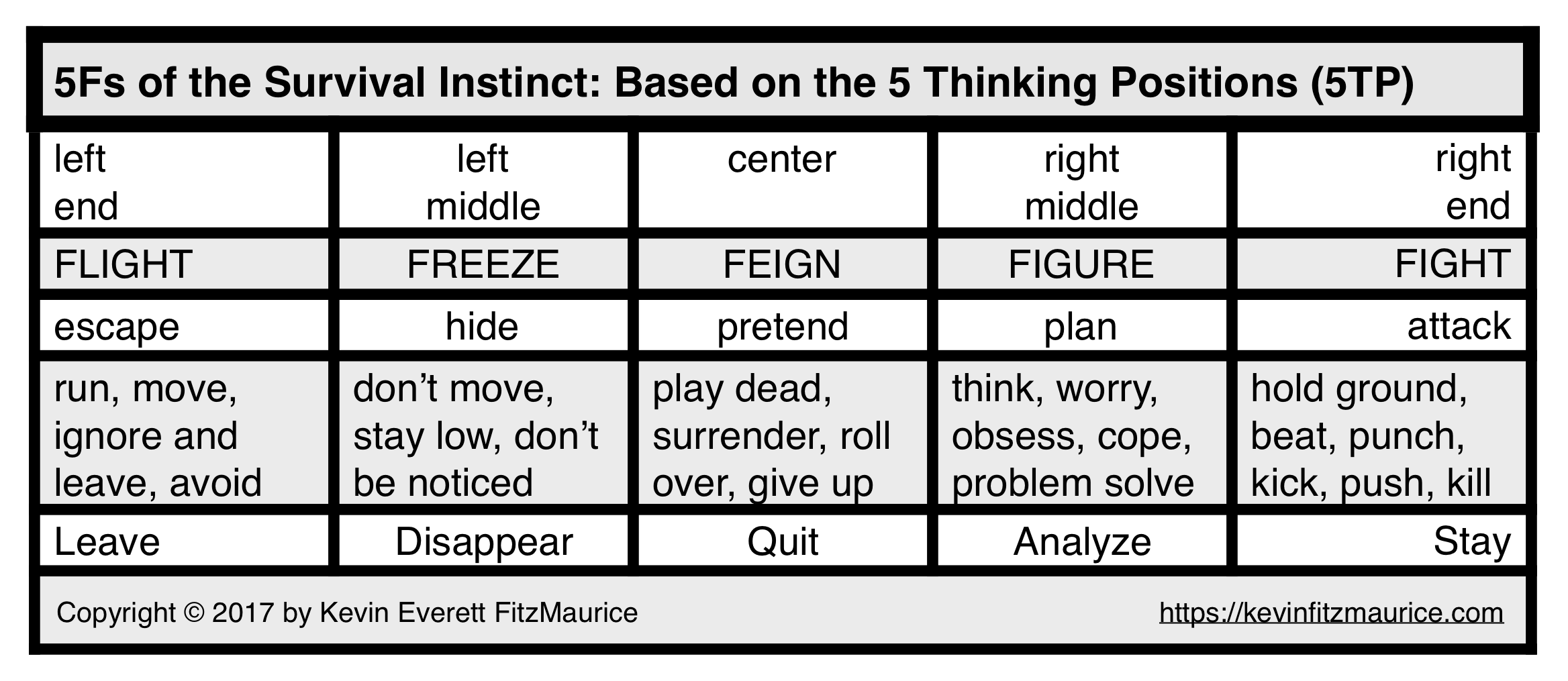Choosing the Right Suitcase Type
There are two main types of suitcases available: hard shell and soft shell. Each has their own unique set of pros and cons that make them suitable for different travel needs and preferences. Let’s take a closer look at the key differences between hard shell and soft shell suitcases to help you determine which type is best for your trips.

Durability and Protection
Hard shell suitcases are renowned for their rugged durability and protective qualities. Made from a rigid plastic material, these suitcases can withstand the rough handling of airports, hotels, and other environments better than soft shells. Their sturdy exteriors help protect belongings from dents, scratches, and impacts. Many hard shells also have built-in TSA-approved locks to keep contents secure during travel. However, their rigid designs mean they cannot bend or expand to fit irregularly shaped items.
Versatility and Packability
Soft shell suitcases, on the other hand, are more flexible and versatile packing solutions. Their pliable exteriors allow them to conform closely to any shape or size of belongings. This makes soft shells excellent for irregularly packed items or maximizing available space. Many feature expandable sections, compression zippers, anddivider pockets to organize efficiently. They also pack down smaller for storage. However, their fabric exteriors are less durable and more prone to wear, water damage, and loss of structural integrity over time compared to hard shells.
Weight and Portability
A key advantage of soft shell suitcases is their significantly reduced weight and improved portability. Without heavy-duty plastic shell constructions, soft shells tend to weigh up to 30-50% less than comparable hard shell models. This makes them easier to lift, carry, and maneuver through airports. In comparison, hard shells can be very heavy when fully loaded. Their weight also makes long-distance pulling or carrying them tiring quickly. However, hard shells are better suited for securing additional straps, locks, and other accessories without added bulk.
Price Point
Generally, hard shell suitcases carry a higher initial price tag than soft shells due to their stronger build quality materials. However, a hard shell investment can potentially last longer with proper care. In contrast, frequent traveling and regular use may see soft shells needing replacement more quickly as their fabric exteriors degrade faster through wear. As such, the overall lifetime cost of ownership may even out between the two types in the long run depending on an individual’s travel needs and luggage care habits.
Long-Term Peace of Mind
For infrequent travelers prioritizing protection, hard shell suitcases offer peace of mind knowing luggage and contents are safeguarded from external damage threats in transit by their rugged construction. Meanwhile, frequent flyers on tight packing schedules lean towards soft shells for their lightweight portability, packing versatility, and pack-down convenience between trips. Ultimately, considering individual needs, budgets, and travel styles helps determine which suitcase type provides the best long-term value and satisfaction.
Appearance and Aesthetics
Aesthetically, hard shell suitcases tend towards a more uniform, streamlined look appealing to minimalists. But their rigid bodies lack intricate design details or embellishments. Soft shells, on the other hand, enable a wider range of artistic expressions through unique patterns, colors and texture treatments. Their malleable fabric construction allows for enhanced design customization with logos, patches or personalization to reflect a traveler’s personal flair and tastes.
Finding the Perfect Match
With so many variables to consider, there is no universally superior choice between hard shell and soft shell suitcases. Each traveler’s needs are unique. The right luggage depends on priorities like protection level, packing versatility, weight restrictions, durability expectations and design aesthetics preferred. Testing various styles hands-on at local retailers helps narrow options. Reading reviews from other travelers in similar situations also provides valuable first-hand suitcase performance insights to ensure the perfect match.
Final Thoughts
In conclusion, both hard shell and soft shell suitcases have compelling strengths making one better than the other depending on intended use case. Short casual trips may be well-served by a lightweight soft shell, while rugged or business travel warrants a hardier hard shell. For varying itineraries, incorporating both suitcase types into a travel kit provides optimal versatility and peace of mind wherever adventures may lead.

 My Experience in Brazil
My Experience in Brazil